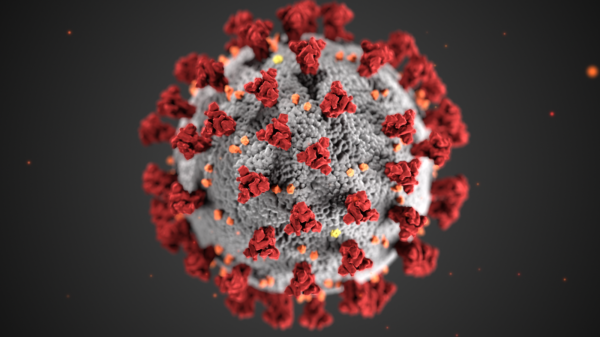Are you confused about what whey protein powder is, why it’s used, and how it is beneficial to your body? All these concerns are common to those who are new to the world of sports supplements. It can be very confusing with all the different options!
So, grab your shaker bottle, and read on to know facts about whey proteins and their health benefits!
What is Whey Protein?
Milk contains two types of protein: whey and casein. When milk is turned into cheese, the liquid whey gets separated from the curds, used to make the cheese It is then filtered, purified, and dried to form a powder. Whey is a tasteless powder that is low in lactose and rich in essential amino acids, making it an ultimate protein source.
Therefore, this natural protein powder is an incredible high-quality protein supplement for the diet of athletes and non-athletes alike.
Whey Protein Components Include:
- All nine essential amino acids, particularly the branched-chain amino acids
- Alpha, Beta-lactoglobulin
- BSA (bovine serum albumin)
- Immunoglobulins
- Iron building proteins such as lactoferrin
- Calcium, potassium, sodium, biotin, folic acid, vitamin A, C, B-vitamins.
What Is The Difference Between Whey Concentrate, Hydrolysate, and Isolate?
The main types of whey protein isolate, concentrate, and hydrolysate, there are many nutritional differences between them:
Whey Protein Concentrate
Concentrate has a high protein content with the greatest amount of fat and lactose. With a high percentage of lipids and phospholipids, it is a perfect all-rounder protein that tastes great.
Whey Protein Isolate
This type of protein powder is prepared by the further processing of whey that strips away all fat and lactose. It has around 90% protein content.
Whey Protein Hydrolysate
Often called ‘pre-digested’ whey, it is easy to digest as compared to the other forms of proteins. However, it has a bitter taste and requires ingredients to mask its natural flavor.
How Does Whey Protein Benefit Your Body?
Whey is a complete protein supplement with nine essential amino acids necessary for protein synthesis. The body can’t make these amino acids on its own. Therefore, you need to consume them in your diet.
Three of the specific amino acids in whey are called branch-chain amino acids (BCAAs). The BCAAs like isoleucine, leucine, and valine, help to build muscles, improve metabolism, and boost stamina for prolonged or intense workouts.
Whey protein has many other benefits for health other than just muscle building. Taking whey protein with a high carb meal helps to moderate blood sugar levels.
Whey protein may also be beneficial for inflammatory bowel disease.
It reduces oxidative stress and increases the level of glutathione in the body enhancing the body’s antioxidant defenses.
It is a highly satiating food that helps to reduce hunger. Therefore, it is helpful for those who need to consume fewer calories and lose weight.
When Should You Take Whey Proteins?
The optimal time to take whey protein depends upon your training, fitness goals, and eating habits. It makes a great snack, breakfast, or post-workout meal.
Taking Whey Before Or After A Workout Is Best
Whey protein is generally taken 1-2 hours before a workout or immediately post-workout. Consuming protein shake after a rigorous workout ensures muscle recovery. Moreover, delaying whey intake after strength training can hinder muscle repair and growth. As a result, you may feel more sore for your next workout.
You Can Take It As A Protein Booster
Whey is a versatile protein supplement that can be added in oatmeal, smoothies or cakes. It makes you feel satiated for a longer time and reduces hunger pangs.
It Makes A Healthy On-The-Go Snack
In our busy lifestyles, we don’t always have time for sit-down meals. You can take a whey protein shake as a quick, delicious, and healthy snack during the mid-morning or afternoon.
You Can Consume Whey Before Bed
Consuming whey before going to bed is another prime time to optimize nutrition. It prevents your body from shifting into catabolism and repairs muscles.
Final Thoughts
Whether your goal is to increase mass, control hunger, or reduce fat, whey can help. Though a shake isn’t a replacement for your nutrition or training plan, a quality whey protein can help build strength and boost energy.































































You must be logged in to post a comment Login